When it comes to conducting research, securing ethics approval is a crucial step that researchers must navigate carefully. It's not just about meeting requirements; it's about upholding the integrity and respect for the participants involved. Understanding the nuances of the research ethics approval process can feel overwhelming, but it's an essential part of ensuring that your study adheres to the highest ethical standards. If you're looking for guidance on crafting the perfect letter for your research ethics approval review, keep reading to discover valuable tips and templates that can simplify your journey.
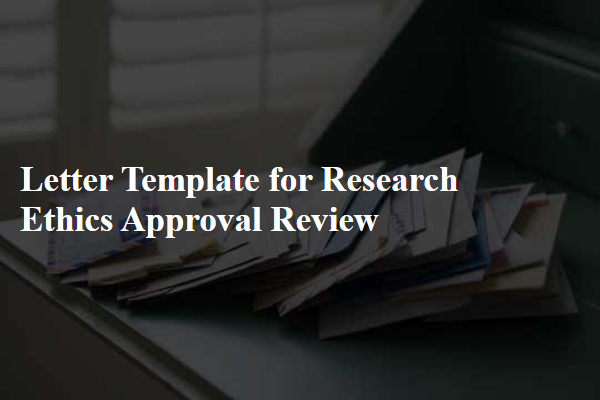
Institutional Review Board (IRB) guidelines
The Institutional Review Board (IRB) guidelines serve as crucial parameters for ensuring ethical standards in research involving human subjects. These guidelines outline the necessary protocols (including informed consent) that researchers must follow, especially in studies conducted in academic institutions such as Stanford University or Johns Hopkins University. Key components include risk assessment, data privacy measures to protect participant confidentiality, and ongoing monitoring of study procedures. Researchers must submit detailed proposals demonstrating compliance with ethical principles like beneficence, respect for persons, and justice to receive approval. This review process often takes several weeks and involves multiple stages, including initial evaluation, revisions, and final consent from the IRB committee before any research activities can commence. Additionally, studies involving vulnerable populations, such as children or individuals with cognitive impairments, require additional scrutiny to safeguard their rights and welfare.
Informed consent process
Informed consent processes play a crucial role in research ethics, ensuring that participants understand the risks and benefits associated with their involvement. This involves clearly communicating the purpose of the study, such as examining the effects of a specific medication or collecting data for social science research conducted at institutions like Harvard University. Participants should be informed about their right to withdraw at any time without penalty, which is essential for ethical compliance. Additionally, research projects must adhere to guidelines set forth by regulatory bodies like the Institutional Review Board (IRB), emphasizing transparency and respect for participants' autonomy throughout the research duration. Proper documentation of consent, including signatures or electronic confirmation, is also necessary for maintaining accountability and protecting participant rights.
Confidentiality assurances
Research ethics approval processes require strict confidentiality assurances to protect the privacy of participants involved in studies. In projects involving human subjects, such as psychological experiments or medical trials, researchers must implement measures to safeguard sensitive information. Data anonymization techniques, including the use of unique identification codes instead of personal identifiers, can minimize the risk of breaches. Researchers must disclose procedures for secure data storage, often involving encryption and restricted access protocols, especially if utilizing cloud storage services. Furthermore, participants should be informed about their rights to withdraw consent at any time without repercussions, ensuring transparency throughout the research process. Adhering to guidelines set forth by ethical boards, such as the American Psychological Association (APA), strengthens trust between participants and researchers, ultimately leading to more reliable results.
Risk assessment and mitigation
Conducting research involving human subjects requires a thorough risk assessment and mitigation plan to ensure ethical standards are upheld. Research projects at institutions, such as universities, often involve diverse participant groups, including vulnerable populations (e.g., children, elderly, or individuals with disabilities). Identifying potential risks, such as psychological distress (likely to arise during interviews or surveys), data privacy breaches (involving sensitive personal information), and physical risks (associated with experimental procedures), is critical. Utilizing strategies such as informed consent forms, which explain procedures and risks, as well as establishing data anonymization protocols to protect participant identities, is essential. Additionally, ongoing monitoring and a clear mechanism for reporting adverse events can further mitigate risks associated with research activities. Implementation of an ethics review board, like the Institutional Review Board (IRB), ensures compliance with regulations and guidelines, such as the Belmont Report principles of respect for persons, beneficence, and justice.
Research methodology and objectives
The research methodology encompasses a systematic approach to exploring the impacts of social media on adolescent mental health, focusing specifically on platforms such as Instagram and Snapchat, widely used among teenagers aged 13 to 19 years. Objectives include assessing the correlation between screen time (averaging over 3 hours daily) and indicators of mental health such as anxiety and depression, measured through standardized psychological assessments like the Beck Depression Inventory. The setting for this study will be high schools in urban areas of California, aiming to collect data from approximately 500 participants through surveys and interviews. Ethical considerations include obtaining informed consent from participants and guardians, ensuring anonymity, and providing the option to withdraw at any time, thereby adhering to the American Psychological Association's ethical guidelines.

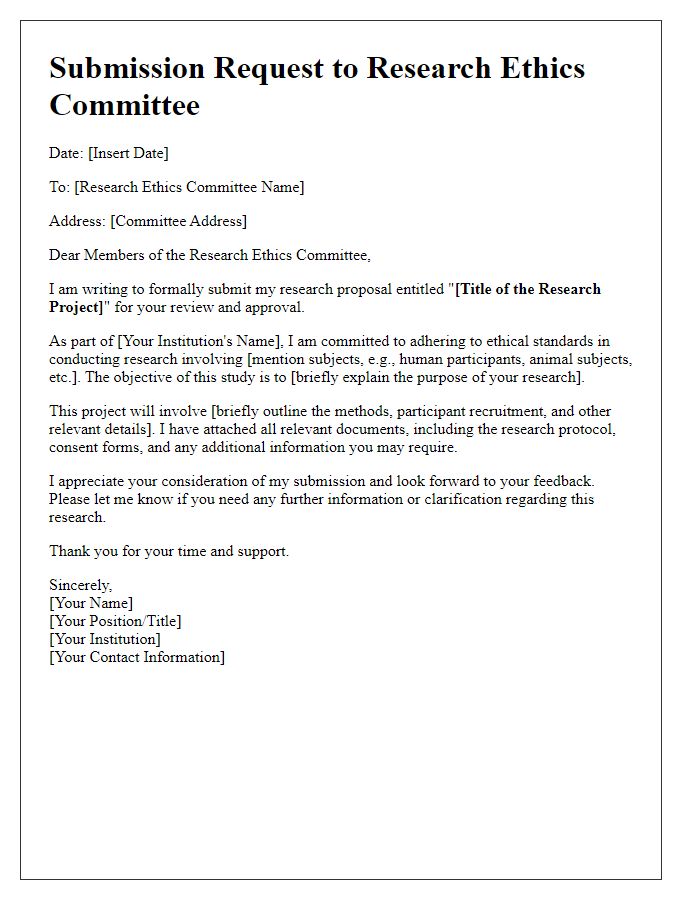
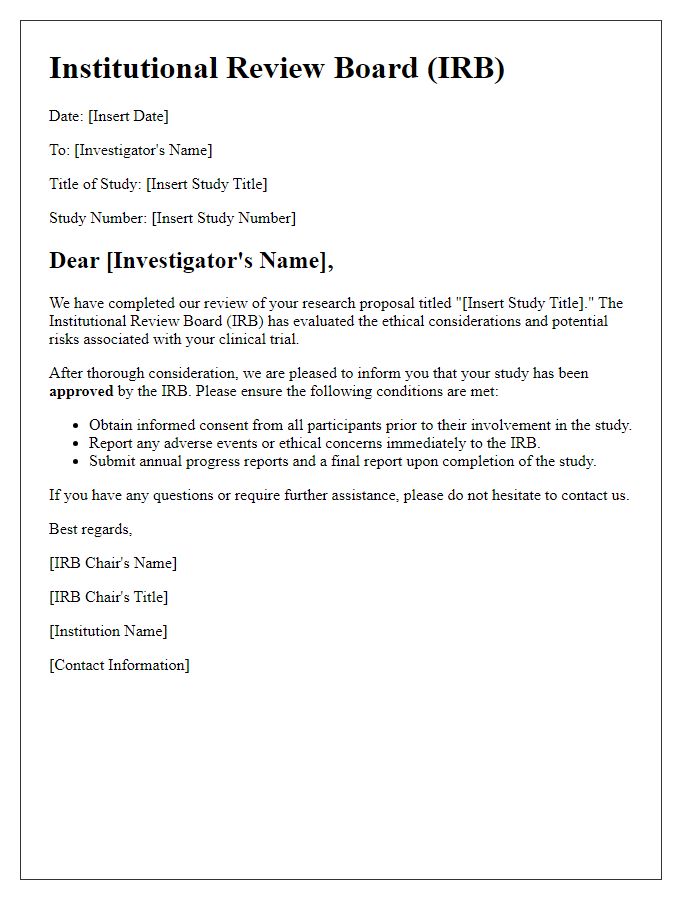
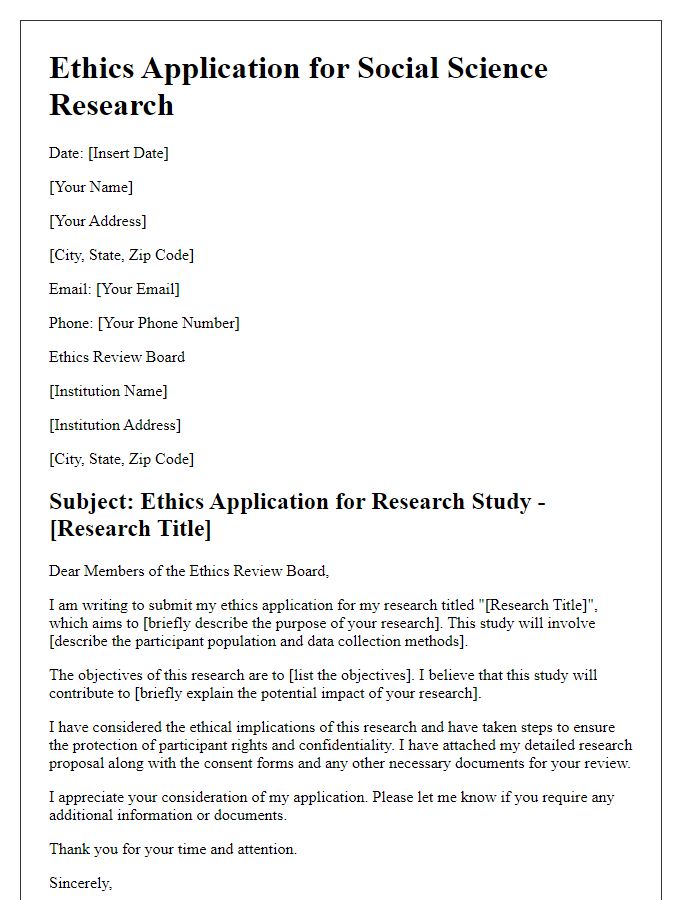
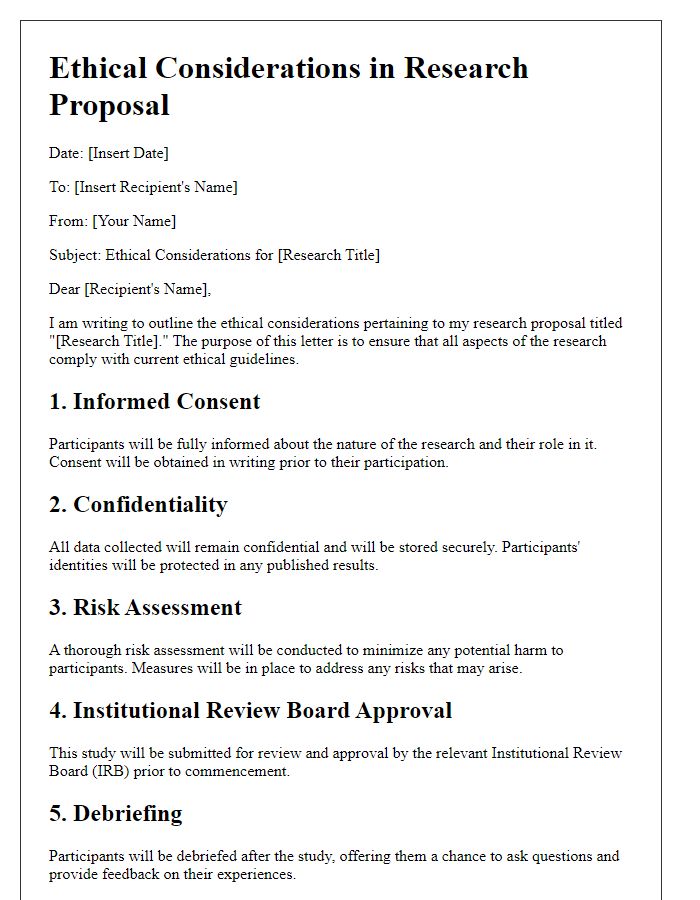
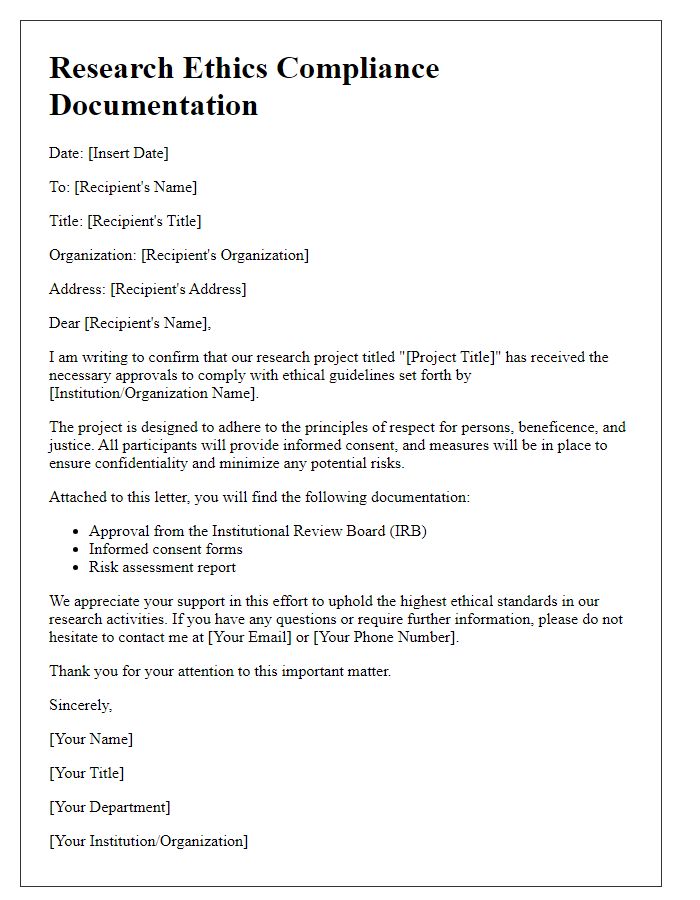
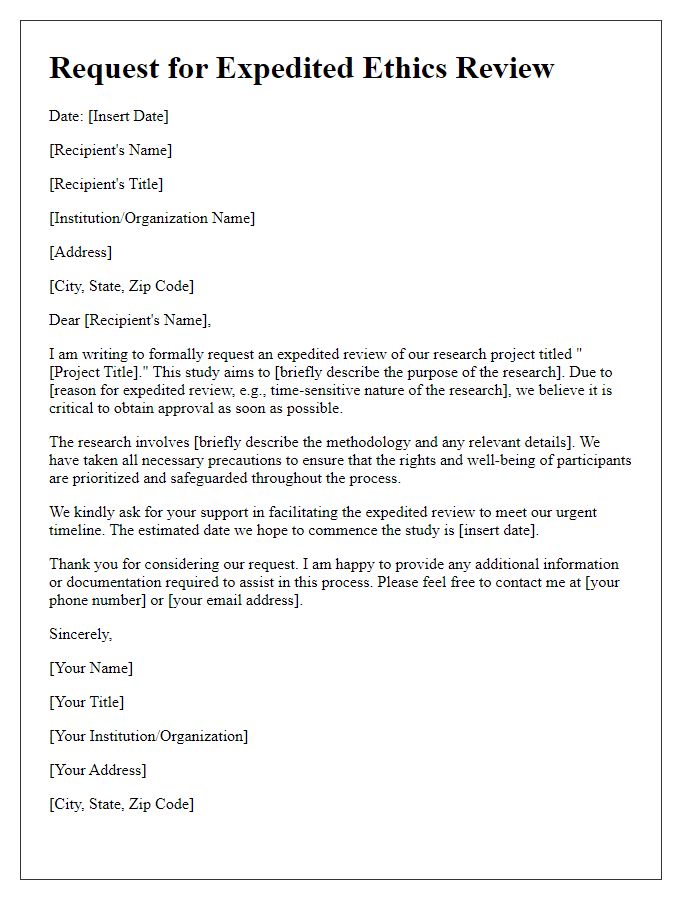
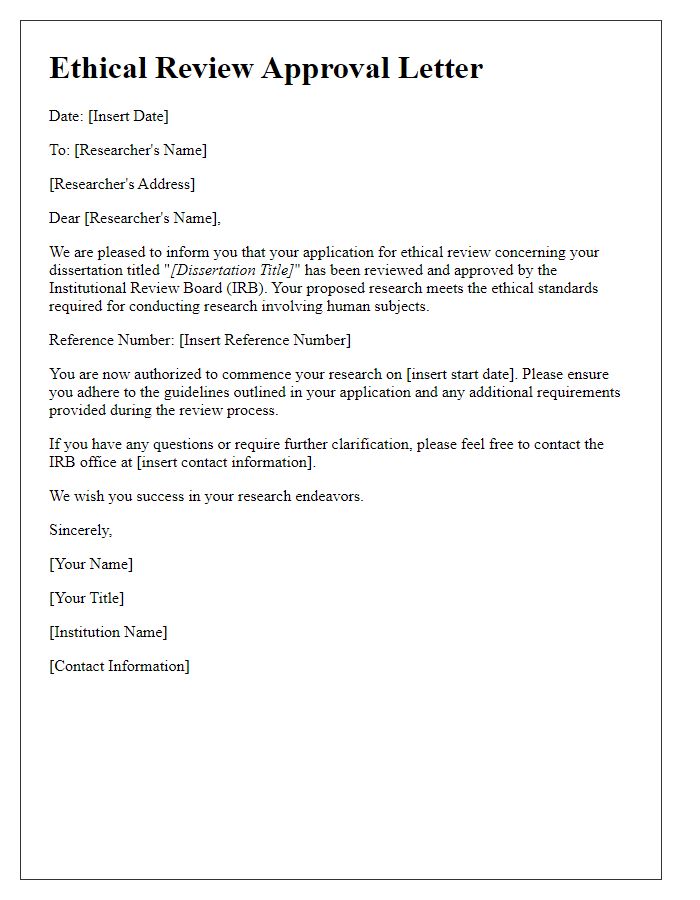
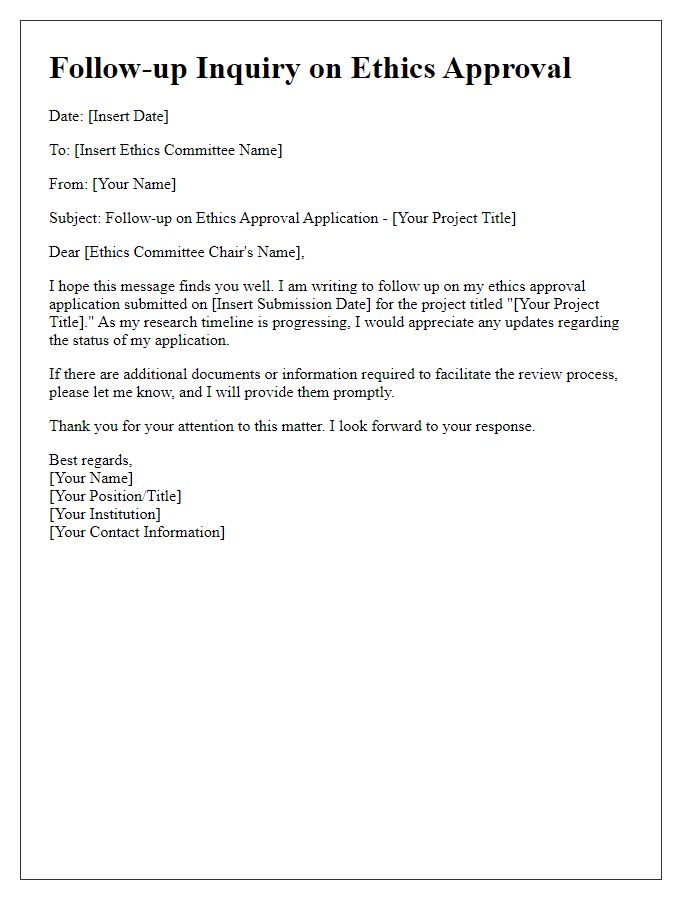
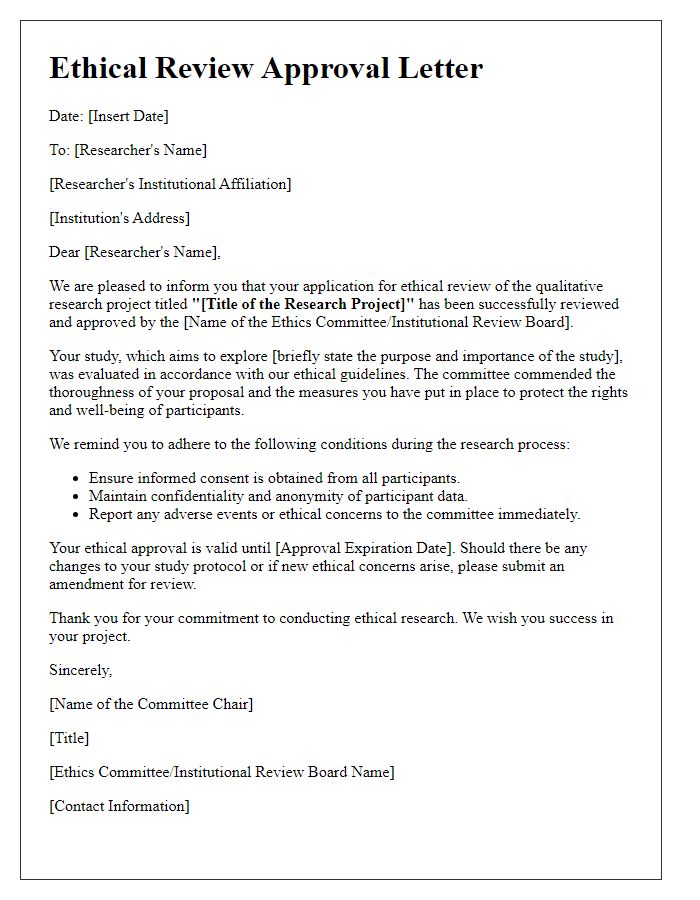
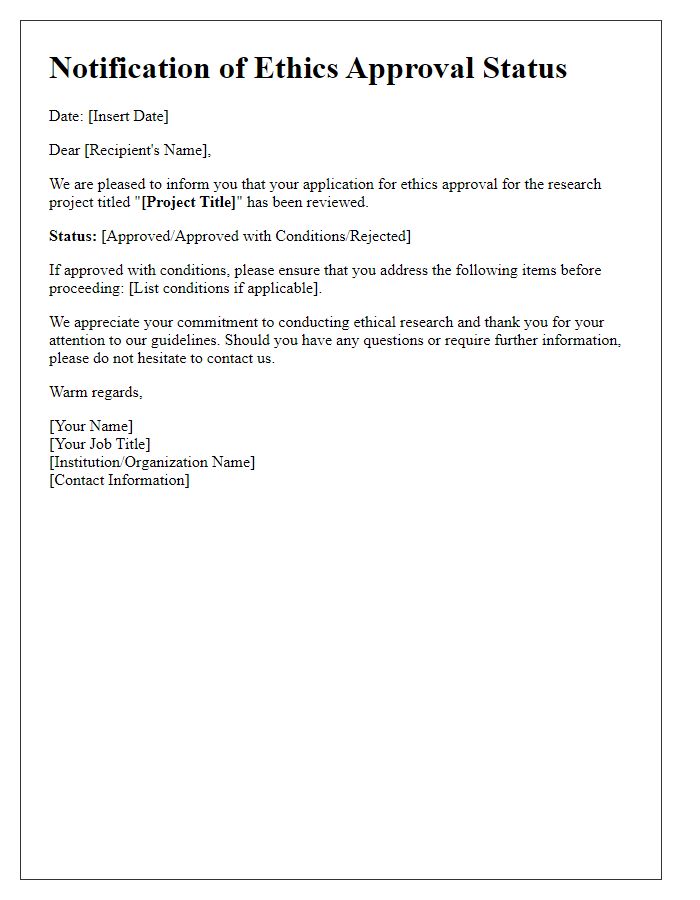


Comments